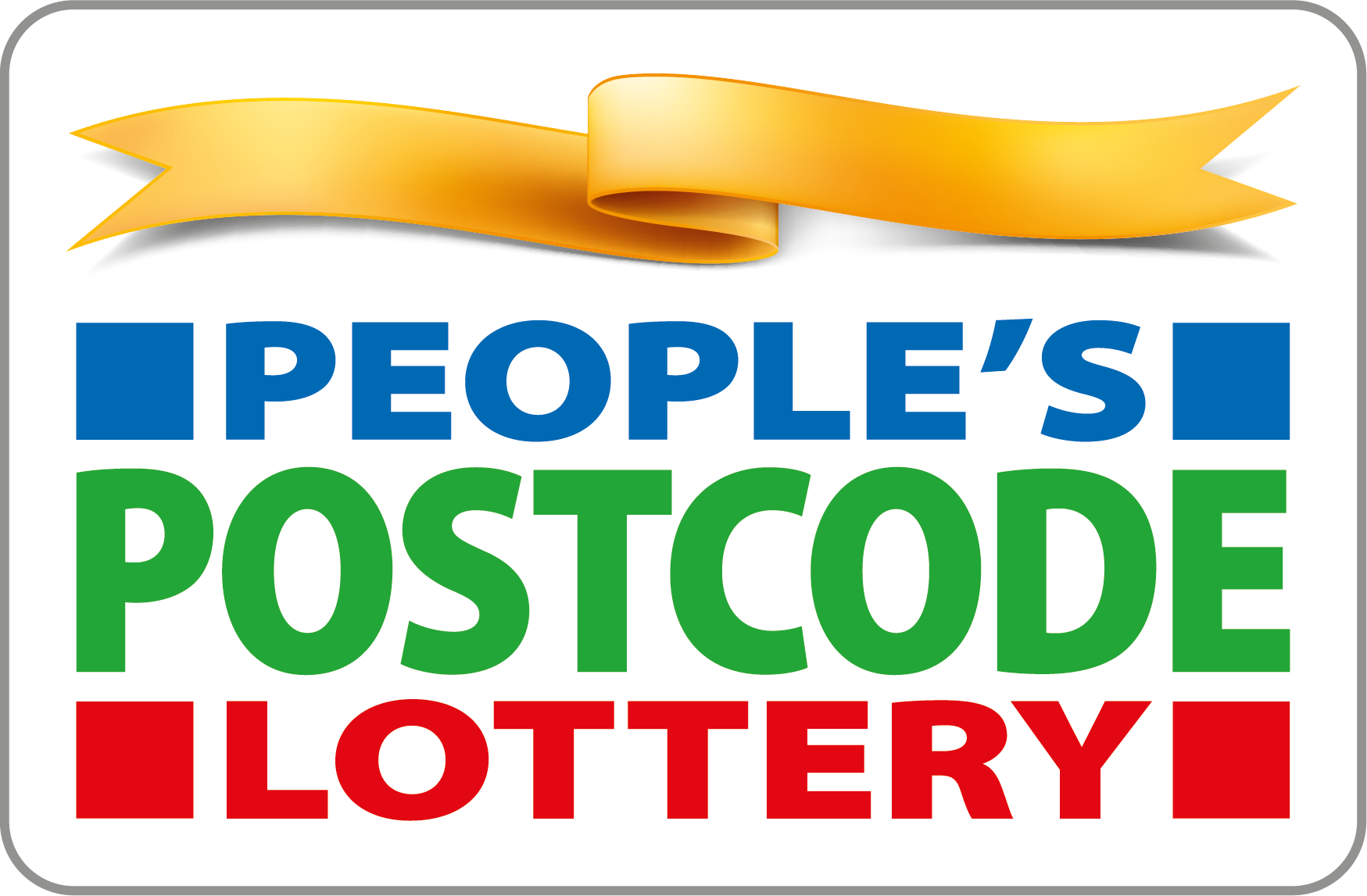30 March 2020
Share this story
World Autism Awareness Week, which takes place from 30th March to 5th April, puts the spotlight on the hurdles that people with autism and their families face on a daily basis.
Autism charity, Daisy Chain is now encouraging as many people as possible to take this opportunity to raise awareness, learn and get a better understanding of autism and what it means.
Autism Spectrum Disorder (ASD), known commonly as autism, is a lifelong neuro-developmental disorder that affects the way a person communicates with and relates to other people. It also affects how they make sense of the world around them.
More than £2.3 million has been raised for Daisy Chain, thanks to players of People's Postcode Lottery. This funding is enabling its vital support services for affected children, young people and their families.
Autism is a spectrum disorder meaning each individual will be affected in different ways across all abilities, strengths, difficulties and intelligence. Although each individual is affected to varying degrees, they all share key areas of difference: social communication, social interaction, social imagination and sensory processing differences.
Often individuals go undiagnosed, sometimes even into adulthood, as those on the spectrum do not “look” disabled or different to their peers. Parents have said that family members or the public often say “your child is naughty” as the difficulties are not easy to see. Adults have also explained how they feel misunderstood.
With more than 700,000 people in the UK diagnosed with autism, it is much more common than most people think. Taking into consideration family member and professionals involved in the care and support of people with autism, more than 2.8 million people are affected.
The more people know about autism and understand the difficulties faced by those who are affected, the better the support our families can receive in their day-to-day lives.
Daisy Chain supports over 2,400 families affected by autism in the Tees Valley and surrounding area and supports 959 children and young people on a weekly basis. Last year, it provided 4,409 respite sessions for families affected by autism.
